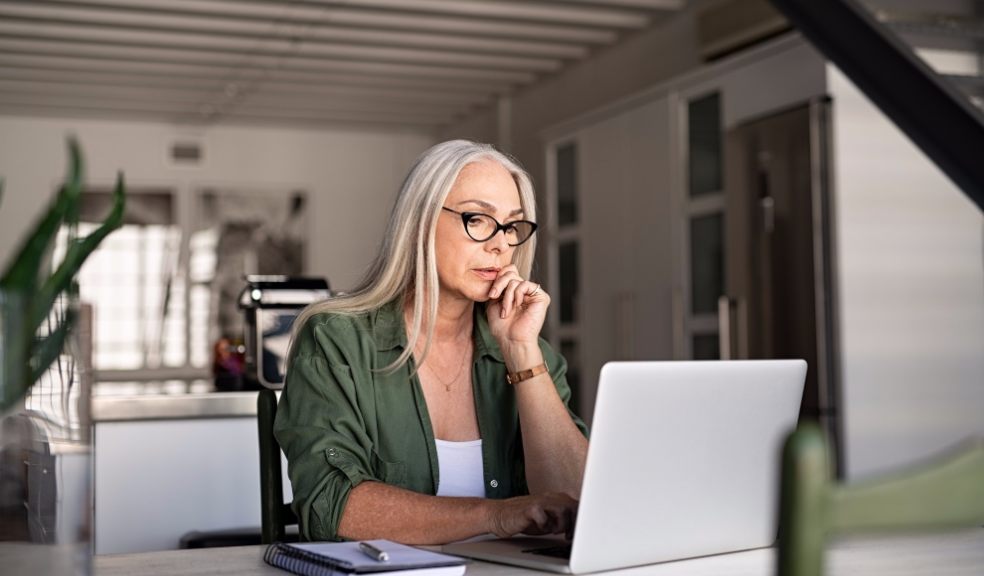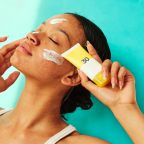
Why you still need to protect your skin indoors
Some skincare rules are non-negotiable, like applying SPF before you leave the house and drinking plenty of water.
No matter how dedicated you are to these dictums, a change in routine can really trip you up. If you’re currently spending a lot more time inside – like so many people around the world – do the same golden skincare rules apply?
Of course, spending a bit more time indoors shouldn’t affect how much water you drink. However, it’s easy to forget to track your daily intake – maybe you’re used to drinking a lot when you go to the gym, or you always have a bottle at your desk at work. As your routine changes, are you still drinking as much water as you should? Try to have at least two litres every day, which will have so many wider benefits than just helping your skin.
Other factors might also be wreaking havoc on your skin: maybe it’s the heating in your house, or stress from the current state of the world. “Stress can show in our skin condition, when hormones become imbalanced,” says Abi Cleeve, founder of skinSense.
This is why she recommends giving your skin a bit of TLC, as well as drinking enough water: “Try hydrating serums and masks, where the skin’s moisture levels are replenished and the ritual of pampering helps you feel calmer.”
“Unscheduled time indoors is also a good opportunity to introduce a potent night treatment, like retinol, to your routine. Retinols are excellent for improving skin texture.”
Retinols are a beauty holy grail as they can help smooth out your skin and reduce pigmentation. They essentially peel off the top layer of your skin leaving you with a baby soft complexion, but this means you need to be careful using them – making sure you find one which works for your skin, and being careful of direct sunlight after application.
This brings us neatly onto the issue of SPF. “UV rays are the single biggest contributor to skin damage,” says Cleeve, as they can cause wrinkles, hyperpigmentation and cancer. Even if you’re diligent with applying SPF every day when you’re out and about, what if you have no plans to leave the house – is sunscreen still necessary?
In a word: yes. “UVA rays penetrate unhindered through glass, so it’s still important to ensure that your daily skincare routine includes a broad spectrum protection product,” says Cleeve. Look for sunscreens which form a barrier against both UVA and UVB rays – just getting protection from the latter won’t help against the rays coming through the window.
When you’re inside, chances are you’re spending most of your time hunched over a computer screen or scrolling through your phone. Technology emits blue light, which is visible light with a short wavelength. We often hear about how blue light can impact your sleep, but what about the effect it could potentially have on your skin?
Dr Preema Vig, medical director of Dr Preema London Clinic, suggests blue light could give off infrared radiation. This, in turn, “could have harmful effects on the skin, including premature ageing, by releasing cell-damaging free radicals”, she explains.
“Therefore, it is important to protect the skin by ensuring your daily regime includes a good topical antioxidant, such as a vitamin C serum, and sunscreen or make-up, to create a barrier between our skin and the blue light/infrared emitted by devices that form a significant part of our daily life: phones, iPads, laptops and screens.”
Some of our favourite products to use at home…
Nordic Hydra Oxygen Recovery 72h Hydra Gel, £19.90, FeelUnique
Ultrasun Face Tinted SPF 30 Honey, £26
SkinSense Retinol Serum, £39
Picture: Getty Images/iStockphoto













